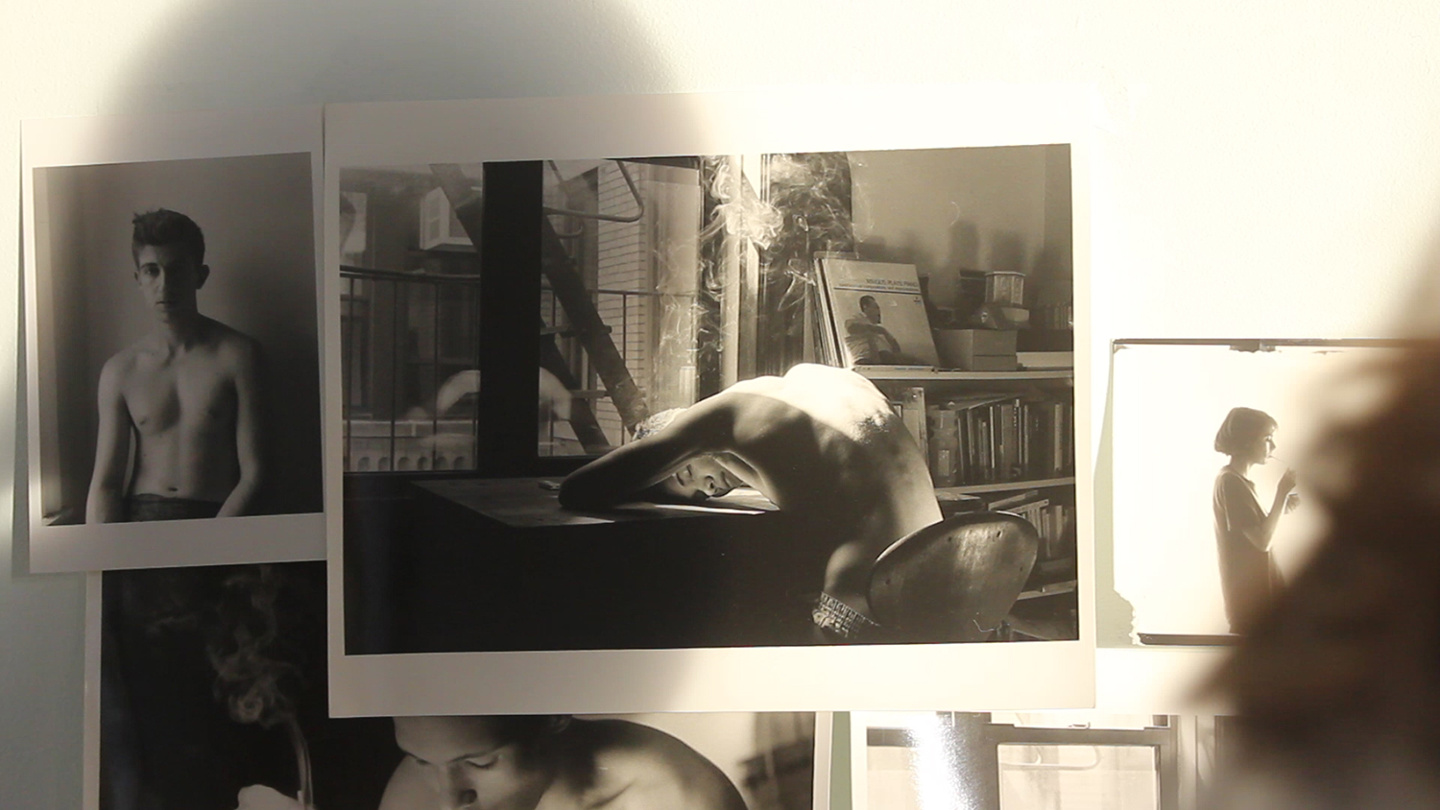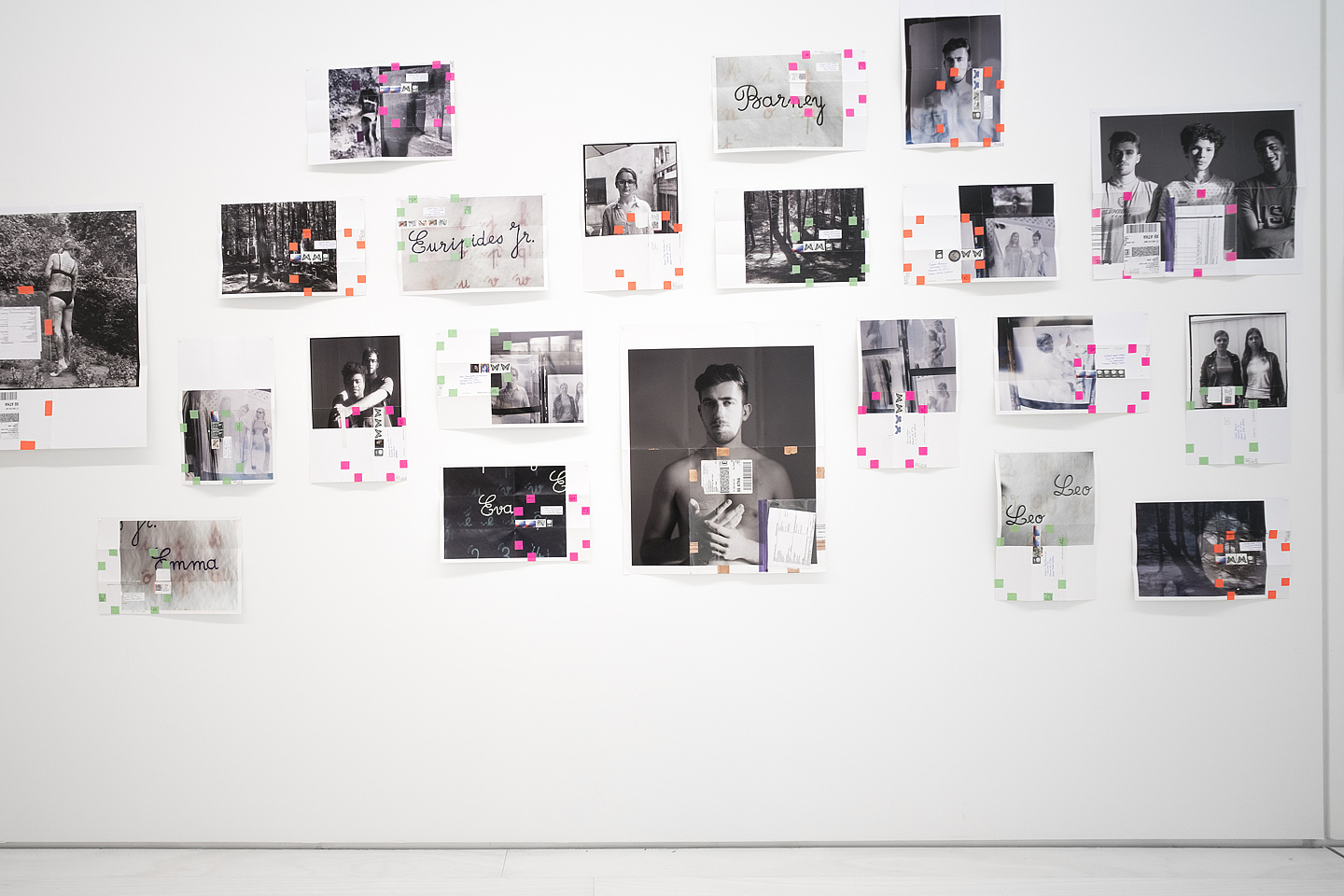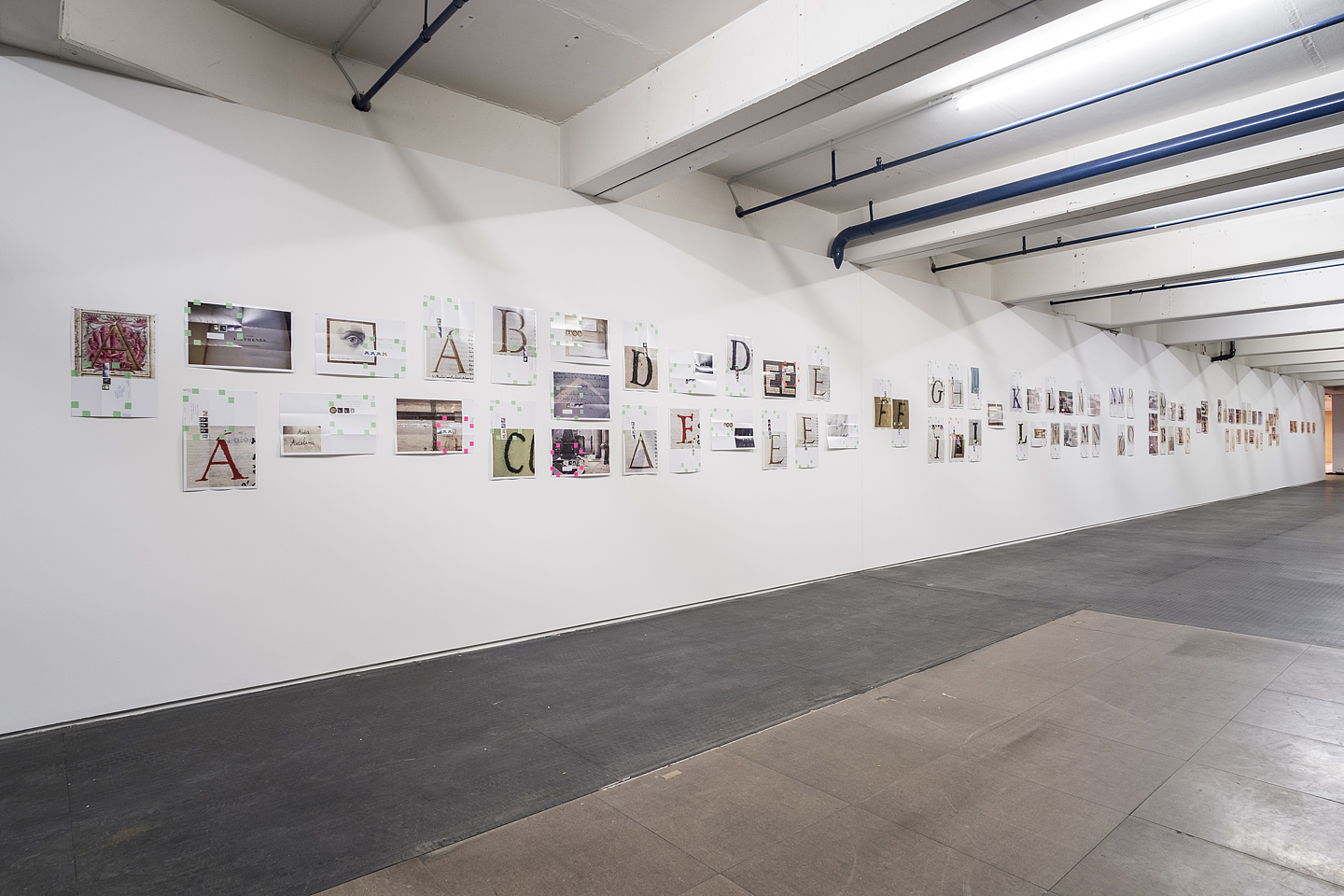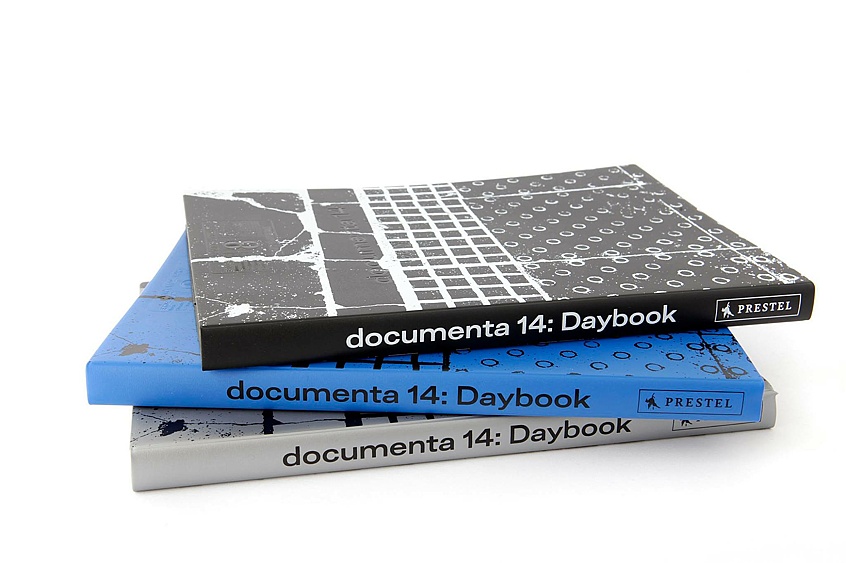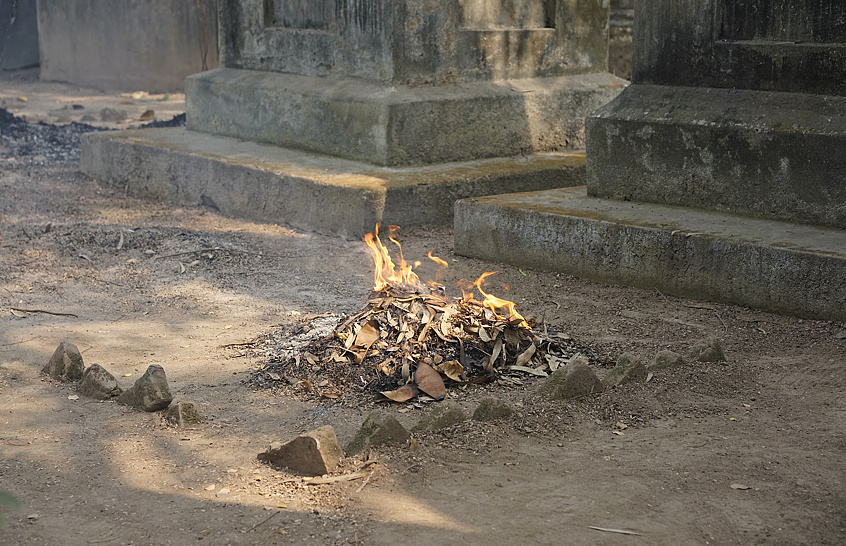Dear MD,
I was watching your new film on my laptop just now, about Chantal Akerman (about your son) [00:25], when something you said in your opening voice-over caught me: “I call this type of filming ‘low-hanging fruit,’ and it rarely adds up to much because so little is at stake.” The accompanying shots of the green park unremarkable (as you said). Your comment reminded me of those Walter Benjamin lines you use in My Necropolis (2009), that odd, indelible passage where he notes the poverty of his Paris lodgings and the indispensable clock outside his window. What does a view of a clock—a “luxury” Benjamin can’t do without, he says, cryptically—have to do with this other view, the leafy lanes of the Palisades, in which so little, as you remark, is at stake? As I watched you pace your apartment [15:39] in the film, frames of sunlight moving over the walls, reciting your essay-script on the tangle of themes that you always make strange and new—writing, image making, motherhood, hunger, labor, cinema, family, reading, “the social”—and eating sugar [22:10] naked on your bed (the echo of Akerman) with your earbuds in (the same white iPhone earbuds that delivered your voice to me), I thought about your hunger for Akerman’s work, the necessity of letters and literature and film, the images of your sisters, your son. [6:27] Desire—the grief in it. I scribbled down questions: Is that you or your son at 6:27, in that b&w photograph—thin, naked, back bent delicately as a leaf over a desk? Which of [33:42] your son’s friends is Euripides, the beautiful boy in the HSBC T-shirt? What is it like, to be born in Toronto in 1958? Are writer and maker and mother all the same thing? And why do you change to the third person—strategy of literary distanciation—toward the film’s end, in those scenes in the snow fields, as you consider your love for your son and for [15:34] your work? “She feels alive when she is behind the camera.” Filming him. You address [38:30] your son directly, though. “You are the opposite of low-hanging fruit.” What is luxury, what is necessary? I realize I have not said much about Akerman (also a kind of clock, indelible). [38:00] Though you address her in the film as your thou, as “you” also. I so look forward to seeing you in Athens.
Very best,
QL
